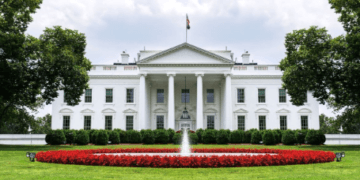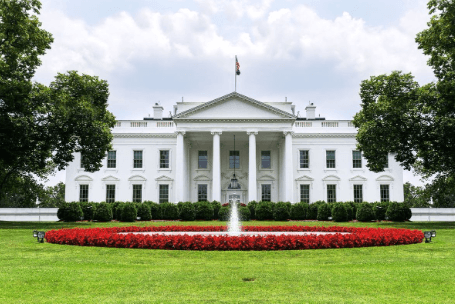Athira Sethu
Kochi, 16 April 2025
The White House has devised a new media regulation that makes it more difficult for certain news outlets to witness and report on President Donald Trump. This adjustment was made immediately after a judge informed the White House that it was in error to keep The Associated Press (AP) from events.
The court told the White House it unfairly disciplined AP. The trouble began because AP would not obey Trump’s command to rename the “Gulf of Mexico” the “Gulf of America.” A judge told the government it can’t discipline a news organization for what it decides to say or publish. That is part of free speech.
But rather than solving the problem, the White House issued a new rule. The new rule is against AP, Reuters, and Bloomberg—large news services that distribute news to thousands of newspapers and television stations globally.
Prior to this shift, these news agencies were always permitted to travel to small, significant locations such as the Oval Office or aboard Air Force One. Now, they must compete for only two positions with over 30 other journalists. This translates to fewer opportunities to ask questions or photograph the president.
In addition, the press secretary, Karoline Leavitt, will have the choice of who gets to attend these events. This allows the White House to have a bigger say in what questions are asked.
The Associated Press dislikes this. They claimed the White House isn’t being respectful of the freedom of the press. They think the government shouldn’t decide who gets to cover what stories about the president.
The White House Correspondents’ Association, an organization that assists in controlling equitable press access, also assailed the new policy. They referred to this as an instance of “viewpoint discrimination,” or the government playing favorites based on the views of the news organization.
The White House has also been granting more access to pro-Trump media outlets. For instance, at a recent press conference, a pro-Trump reporter was allowed to ask questions first and complimented the president.
Although Trump frequently speaks to the media, this new regulation might restrict equitable access to all journalists.
The White House says AP had too much access before and that no newsgroup should get special treatment. The government is now trying to appeal the court’s decision.





















